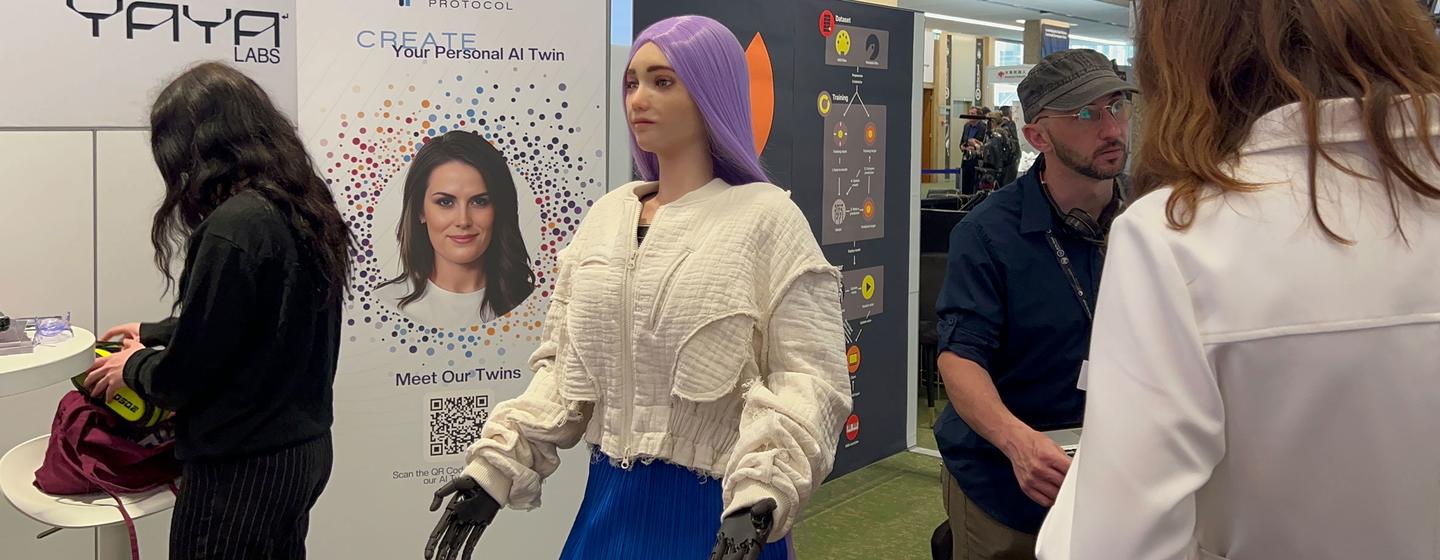By Ben Hurst
Copyright walesonline

Prime Minister Sir Keir Starmer has confirmed plans to introduce digital IDs by the end of this Parliament. The Prime Minister said plans for a new digital ID held on people’s phones will be an “enormous opportunity” for the UK and make working illegally tougher. Digital ID will become mandatory as a means of proving the right to work under the plans, but people will not be required to carry or asked to produce it. It will be available to UK citizens and legal residents by the end of this Parliament. The Prime Minister said: “I know working people are worried about the level of illegal migration into this country. A secure border and controlled migration are reasonable demands, and this government is listening and delivering. “Digital ID is an enormous opportunity for the UK. It will make it tougher to work illegally in this country, making our borders more secure. “And it will also offer ordinary citizens countless benefits, like being able to prove your identity to access key services swiftly – rather than hunting around for an old utility bill.” Digital IDs will become mandatory to prove the right to work, but people will not be required to carry the document or be asked to produce it. All UK citizens and everyone who wants to work in the UK will have to have one. The Government will make sure everyone has one in the same way that every citizen of the UK has a national insurance number, Culture Secretary Lisa Nandy said. She stressed however that it would be up to people to decide if they want to use the ID. Ms Nandy appeared to be referring to a choice of whether to have the ID downloaded on to a phone or to use it for reasons beyond proving the right to work. “Although all UK citizens will have a digital ID, it will not be mandatory for people to use it. It will be entirely their choice,” she said. The IDs are intended to be authoritative proof of identity to show the right to work. They are part of efforts to deter illegal immigrants from travelling to the UK as the Government hopes the move will make it harder for people to work without the right to do so. National insurance numbers will not suffice to check employment rights in future and Ms Nandy flagged that because they are not linked to photo ID, it is difficult to verify that they are being used by the right person. In the long term, the IDs could be used to apply for other services – such as driving licences, childcare and welfare – or give quicker access to tax records. Countries that already have similar systems in place include Denmark, where students can log in and retrieve records needed for job or university applications using their national digital IDs. The IDs will be held on smartphones – in the same way the NHS App and contactless bank cards are – and the Government has said it will ensure everyone has one. However, it is not yet clear how the scheme will be rolled out. A consultation is yet to come and will seek to determine how it would work for groups who may not use phones or have difficulty doing so, including older people, the homeless and people with disabilities. The Government has already been working on a GOV.UK digital wallet for use on smartphones, which will house a digital driving licence that has already been announced. The system will use encryption and authentication technology that is already in use to protect digital transactions. If a device is stolen or lost, the digital credentials stored on it can be revoked and reissued right away. The Government expects this to provide better security than traditional physical documents. The move is subject to consultation but when asked whether the change would go before Parliament or just be done, Ms Nandy told LBC: “This is being done.”



